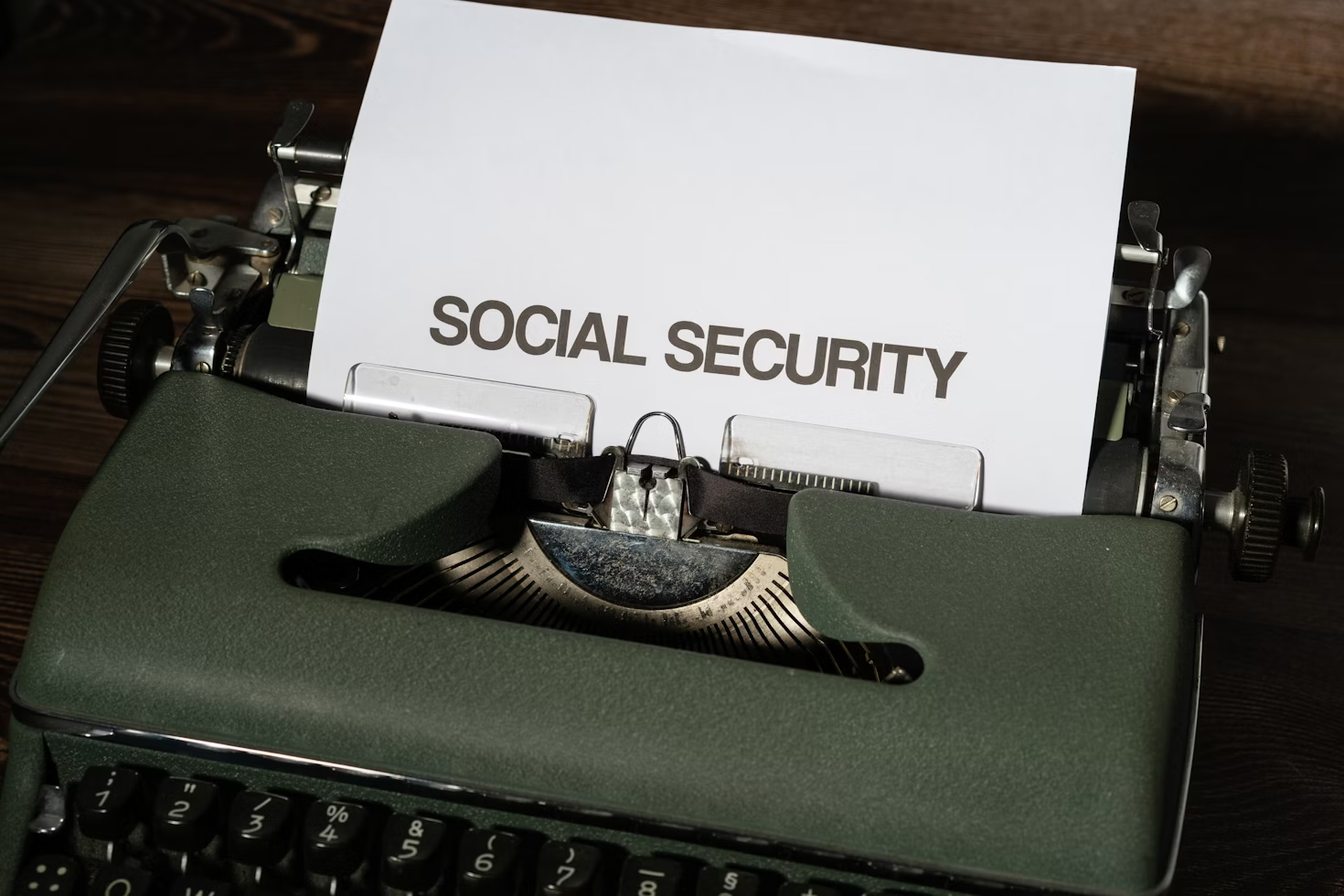
Image source: Unsplash
Have you ever been organizing your important documents and pulled out your Social Security card, only to be struck by a sudden wave of anxiety? Staring at the worn, familiar paper, you might wonder, "Is my Social Security card still valid?" It’s a common concern. In a wallet full of plastic cards with clear expiration dates—driver's licenses, credit cards, health insurance—the simple paper Social Security card stands out. It feels... permanent. But is it?
This leads to one of the most common questions people ask about their personal documents: do social security cards expire?
According to the Social Security Administration (SSA), a Social Security card is not a general identity document — it simply verifies the SSN assigned to the card-holder and doesn’t guarantee employment rights. Furthermore, the SSA issues three distinct types of cards — one of which is explicitly marked ‘NOT VALID FOR EMPLOYMENT’ for non-citizens needing an SSN for other purposes. And when it comes to invalid numbers, third-party guidance warns that some combinations (for example: first three digits “000”, “666”, or numbers starting with 9) are simply never assigned by the SSA.
The anxiety around the question "do social security cards expire?" stems from a logical place. Nearly every other form of government-issued identification does expire.
These documents grant temporary privileges (like the privilege to drive) or access (like the privilege to travel internationally) that must be periodically re-verified. This is where the Social Security card fundamentally differs. Its purpose isn't to grant a privilege, but to certify a record. This core difference is the main source of confusion.
Adding to the confusion:
While the focus of the anxiety is often on the physical card, it's crucial to understand that your nine-digit Social Security Number is the true lifelong asset. The card is simply the official token that displays that number.
The primary function of your SSN is to allow the Social Security Administration (SSA) to track your earnings over your lifetime. Every time you work and pay FICA (Federal Insurance Contributions Act) taxes, your contributions are recorded under your unique number. This earnings record is what determines your eligibility for and the amount of your future Social Security retirement and disability benefits.
Think of it this way: the physical card is like the key to your house, while the number is the address. The key can get old and worn, but the address of your house doesn't change. What truly matters is that the record associated with that address—your earnings history—is accurate and secure.
So, if the public is confused about the card's expiration, what should they be focused on? The answer is the accuracy and application of their SSN record, which becomes critical in several life events.
1. Legal Name Changes (Marriage, Divorce) This is a common scenario where the information on the card becomes outdated, even if the card itself isn't "expired." If you legally change your name, you must update your records with the SSA and get a new card. If you don't, you can face major problems:
2. Applying for Loans or a Mortgage When you apply for credit, lenders use your SSN to pull your credit history. They aren't checking for a card's expiration date, but they are verifying that the name, SSN, and date of birth you provided match the records at the credit bureaus.
3. Applying for Government Benefits This is the most critical moment where your SSN record is put under the microscope. When you apply for Social Security Disability Insurance (SSDI) or Supplemental Security Income (SSI), the SSA isn't asking, "Is your card still valid?" They are asking:
When you are unable to work due to a medical condition, the question "do social security cards expire?" becomes irrelevant. The only question that matters is, "Can my SSN get me the benefits I've earned?"
This is where the real complexity lies. Your SSN is the key that unlocks your entire work history, which the SSA uses to calculate your "work credits." To qualify for SSDI, you must have earned enough work credits over a specific period.
Navigating this system is notoriously difficult. An error on your application, a failure to provide the correct medical evidence, or a misunderstanding of your work history can all lead to a denial of the benefits you desperately need. The SSA's rules are complex, and a simple mistake can set you back months or even years.
This is why having an expert guide can make all the difference. A Government Accountability Office (GAO) study found that applicants with professional representation are nearly three times more likely to be awarded benefits. An experienced attorney who understands the SSA